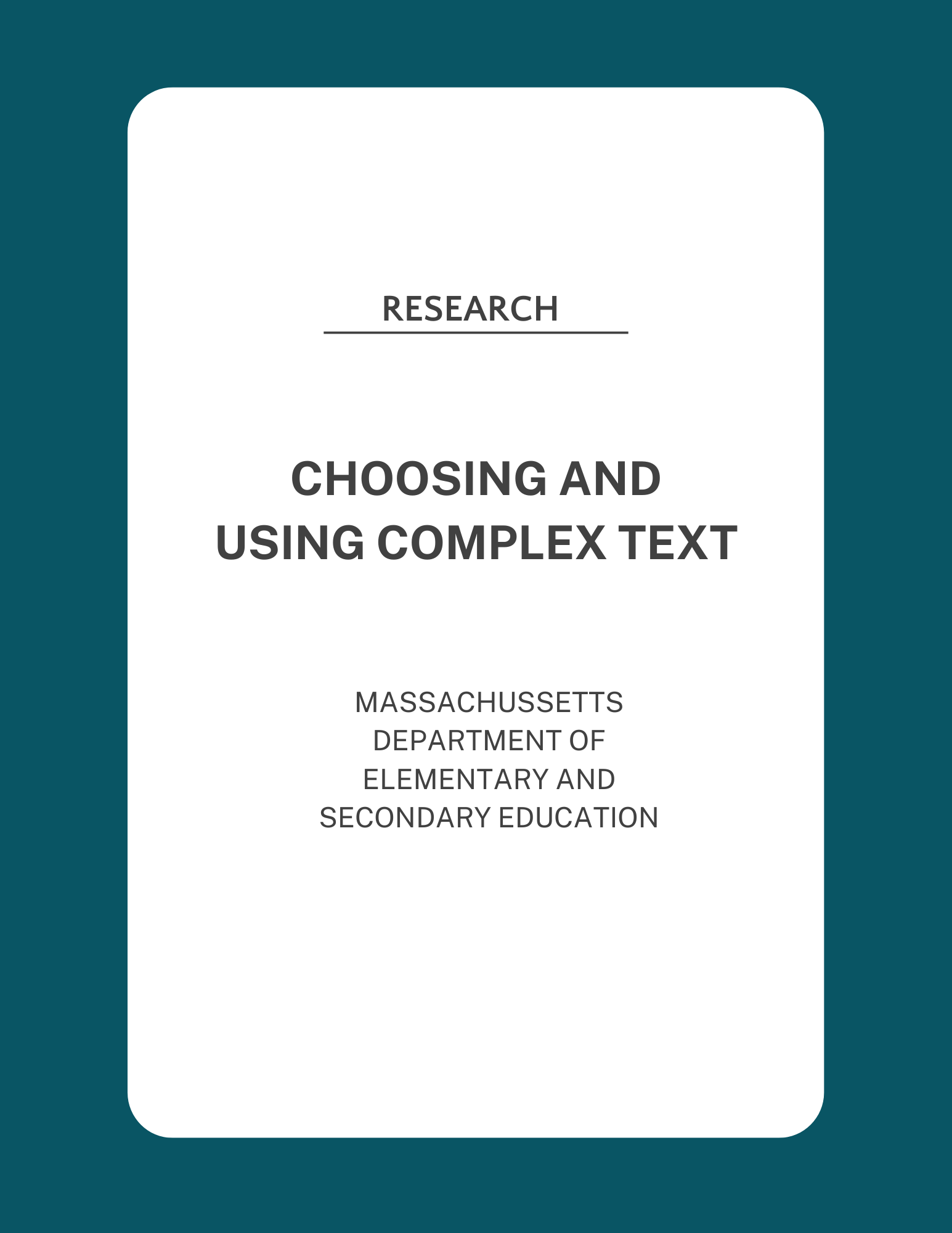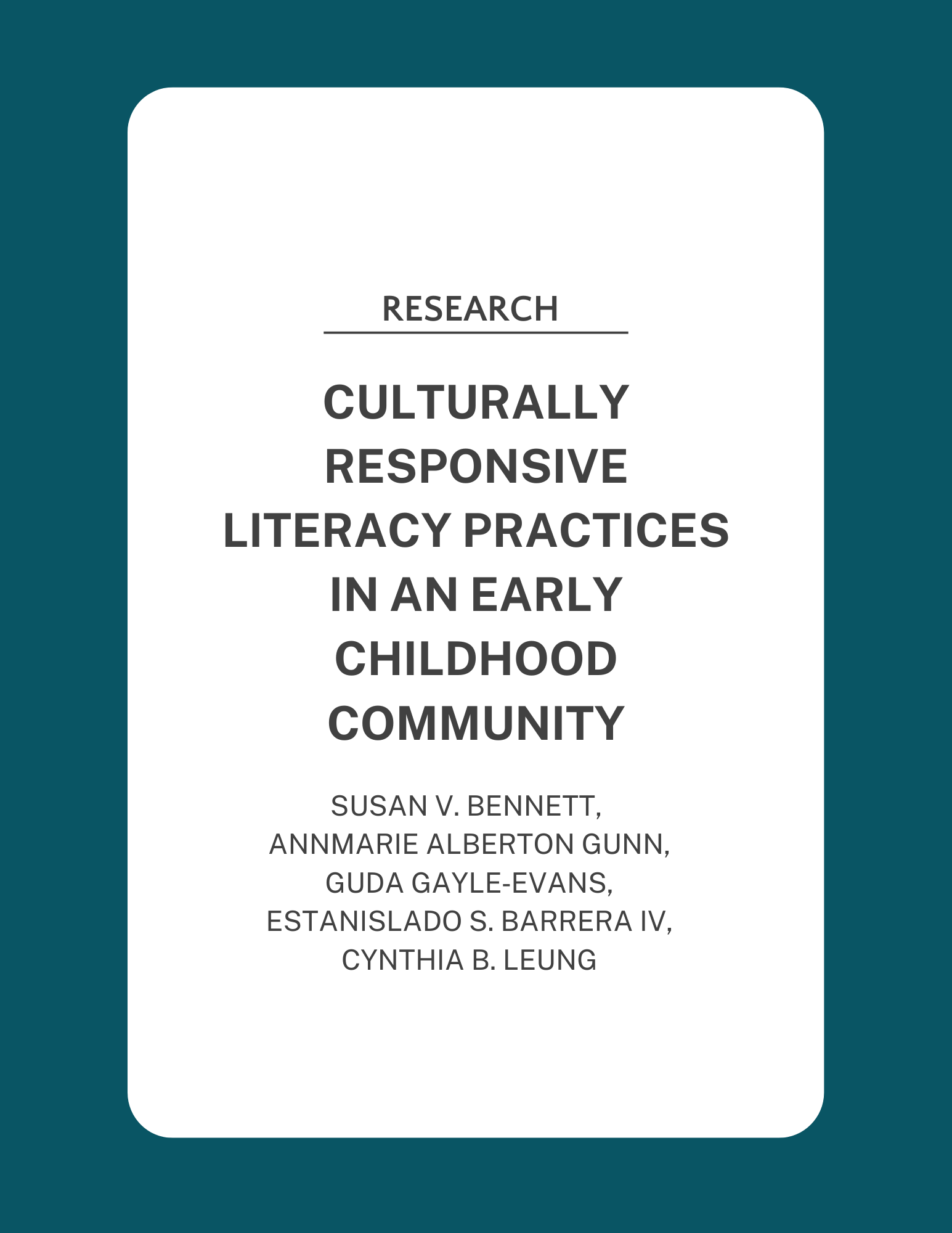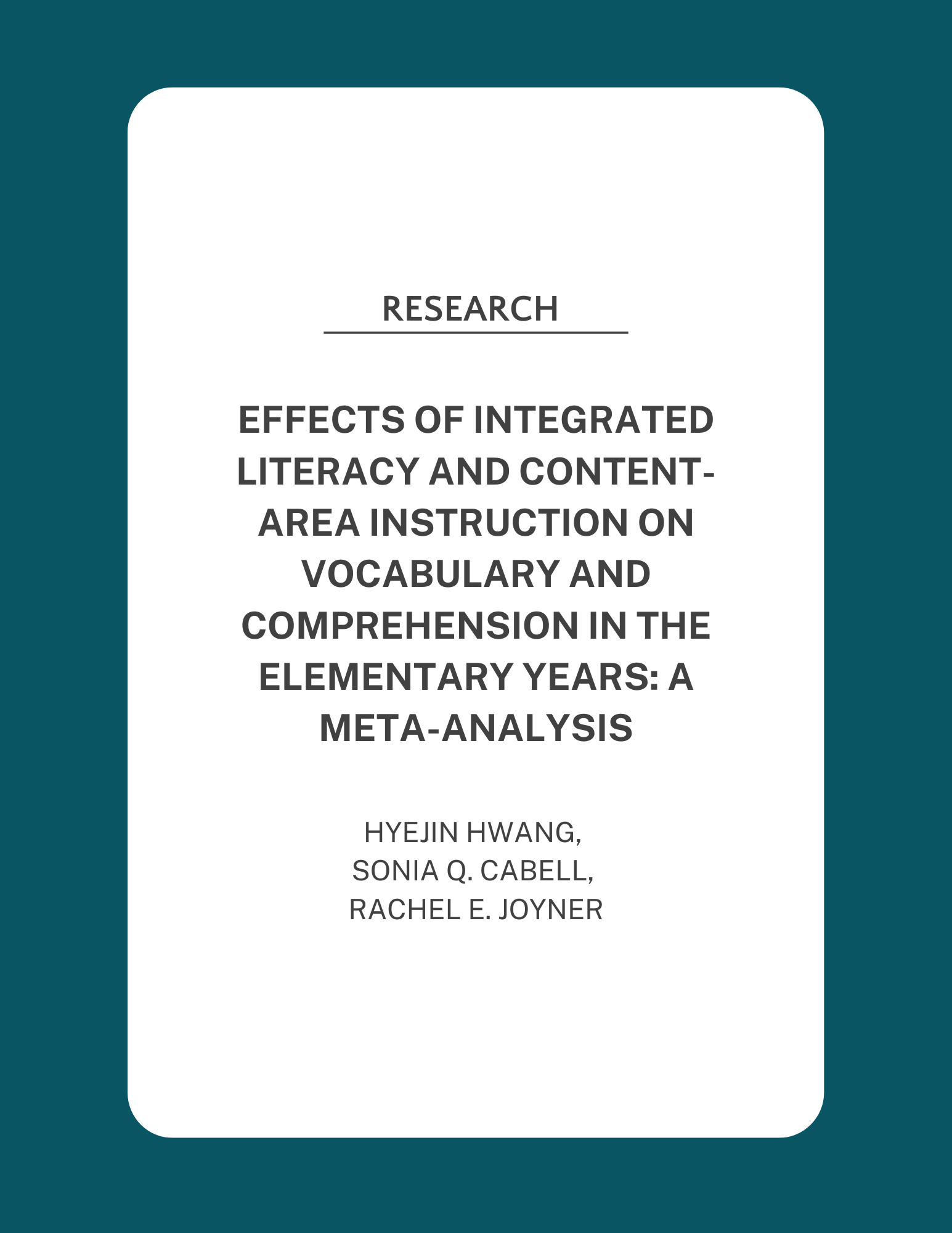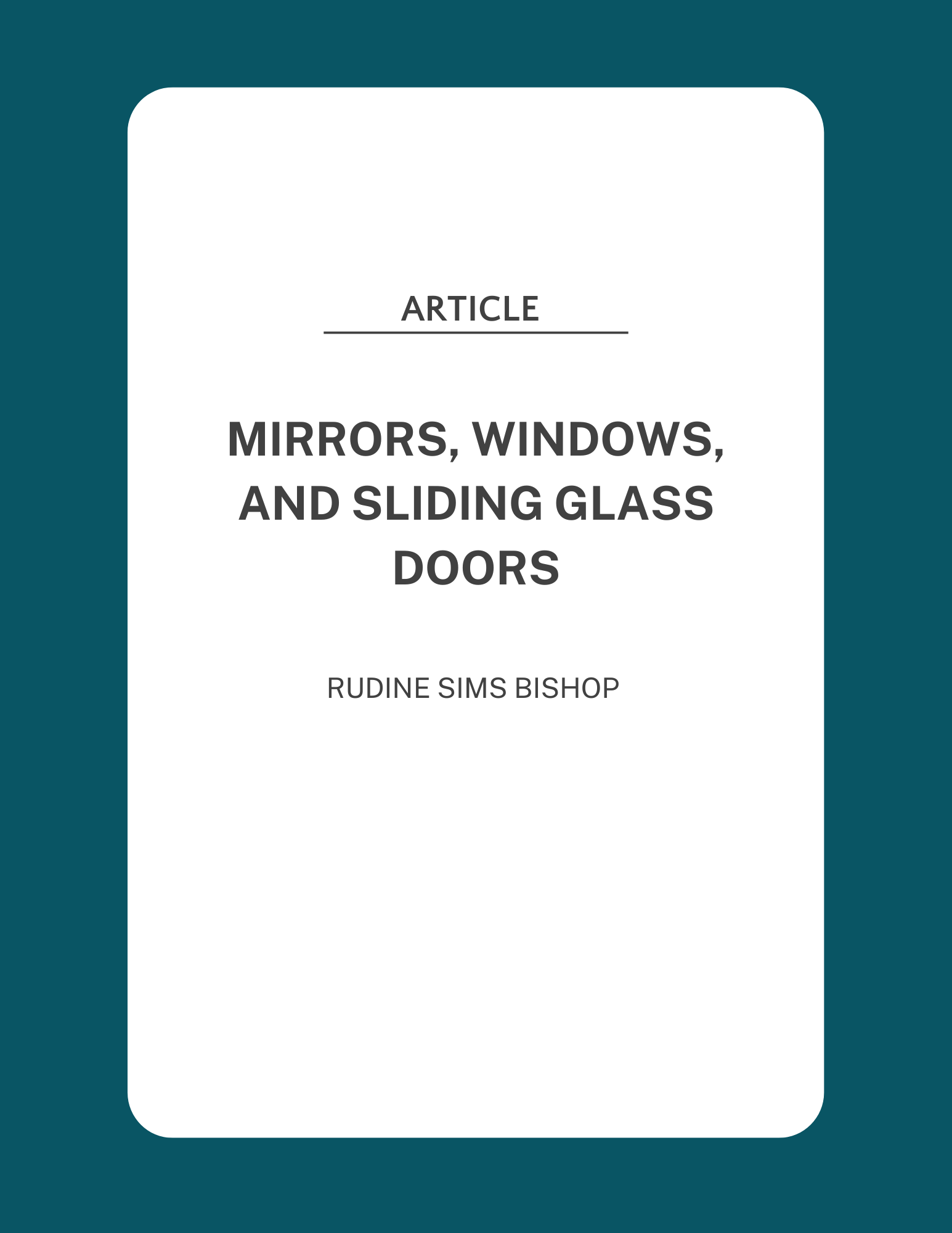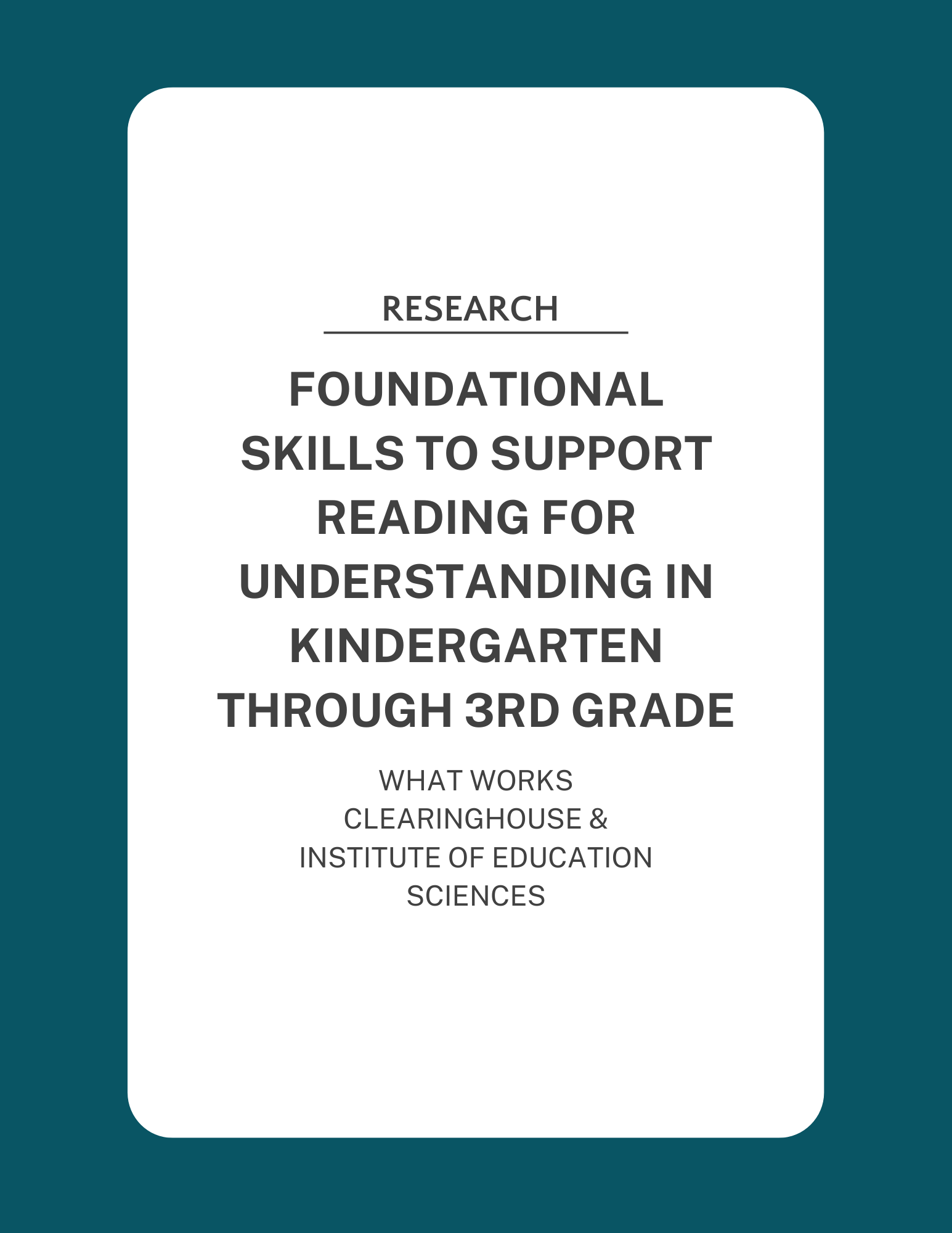Research
“Literacy is a fundamental human right. It is an instrument of empowerment to improve one’s health, one’s income, and one’s relationship with the world.”
- UNESCO
The Science of Reading is “a vast, interdisciplinary body of scientifically-based research about reading” that serves as a framework for how to develop proficient readers and writers (The Reading League). In 2000, the National Reading Panel Report identified "the big five" essential components of effective reading instruction: phonemic awareness, phonics, oral reading fluency, vocabulary, and comprehension. Scarborough's Reading Rope is a visual representation of how these multiple strands work together and lead to skilled reading.
The word recognition strand of the reading rope, often referred to as foundational skills, is taught in grades K-2, whereas language comprehension, such as vocabulary and knowledge-building, is much more complex and develops over a reader’s lifetime. While some students learn how to read through broad instruction, explicit and systematic instruction is necessary for most. Research shows that almost all students are capable of learning to read when they receive research-based instruction.
Education Advisory Board. Narrowing the Third-Grade Reading Gap - Embracing the Science of Reading. pg. 7.
Highlighted Research
Literacy leaders are learning, sharing, and acting on literacy research and evidence-based instructional practices to ensure all students become strong readers.
Three resources helping to guide the work:
Research Recap: Early Reading Accelerators: This resource from Student Achievement Partners highlights the research for early literacy as well as the crucial content necessary for proficient reading.
Foundational Skills to Support Reading Comprehension: This guide provides education practitioners with four concrete, research-backed recommendations for implementing foundational skills reading instruction that will positively impact students' reading growth.
Science of Reading Comprehension: This article from The Reading Teacher, written by Nell Duke, Alessandra Ward, and P. David Pearson, summarizes the research on reading comprehension and shares key elements for effective reading comprehension development.
Here is a sampling of readings leaders have explored.
Use the search menu below to access research by categories.
Curriculum and Coaching: Maximizing our Investments in Teaching
This viewpoint by Sharon Walpole shares a theory of change on how adoption of high quality instructional materials coupled with effective teacher coaching and systems can lead to achievement.
Choosing and Using Complex Text
This website page from Massachusetts DESE shares multiple research studies demonstrating the importance of students engaging with complex text on a daily basis and includes information about culturally responsive practice, building vocabulary and knowledge, and leveraging linguistic assets for multilingual learners.
Love & Literacy: A Practical Guide to Finding the Magic in Literature (Grades 5-12)
This is a comprehensive book with research-based best practices, video clips of effective teaching, and a comprehensive Reading and Writing Handbook to empower educators.
Does Social Studies Build Stronger Readers? A New Study Suggests So
The Thomas B. Fordham Institute study shows that an extra 30 minutes of social studies is linked to better reading comprehension for elementary students. The research underscores the importance of background knowledge and subject-specific vocabulary in reading development.
Culturally Responsive Literacy Practices in an Early Childhood Community
To reflect and affirm culturally diverse students' identities and experiences, early childhood educators must provide learning opportunities that celebrate all communities. Educators identified five frameworks for fostering an environment that allows for culturally responsive teaching. Centering this framework in the research, this article offers advice on implementing this pedagogy in order to provide all students with a holistic and rich education.
A Synthesis of Quantitative Research on Reading Programs for Secondary Students
This review examined 69 studies on 51 programs, identifying positive outcomes in tutoring, cooperative learning, whole-school approaches, and writing-focused methods. Programs emphasizing social studies/science, structured strategies, and personalized/group rotation approaches also showed positive impacts. However, additional reading periods and technology did not yield significant advantages. Socially and cognitively engaging instruction is crucial for secondary readers.
Effects of Integrated Literacy and Content-area Instruction on Vocabulary and Comprehension in the Elementary Years: A Meta-analysis
This study conducted a meta-analysis to examine the impacts of integrated literacy and content-area instruction on vocabulary and comprehension outcomes in K-5. The analysis included 35 quasi-experimental studies, and the results showed significant positive effects for vocabulary, comprehension, and content knowledge highlighting the benefits of combining literacy and subject-area instruction.
Making Personal Connections to Words to Increase Early Childhood Vocabulary Learning
A study of 30 core kindergarten teachers implementing Tier 1 instruction with their 215 students over multiple years. Using the personal connections strategy, which are teacher-initiated prompts that help students connect their experiences to the learning of new words, can support knowledge-building conversations around words and can be combined with other evidence-based vocabulary learning practices.
Mirrors, Windows, and Sliding Glass Doors
An interview with Dr. Rudine Sims Bishop that shares her work and thoughts about the importance of diverse children's literature: books that serve as mirrors reflecting their identities, windows offering insights into others' lives, and sliding glass doors encouraging exploration of different perspectives.
Foundational Skills to Support Reading for Understanding in Kindergarten Through 3rd Grade
This guide provides education practitioners with concrete recommendations for implementing foundational skills reading instruction into their practices in order to build their students' foundational reading skills effectively. The guide offers four, research-backed recommendations that will positively impact students' growth.
Foundational Skills Guidance Documents Grades K-2
This document outlines guidance around foundational skills that are necessary to incorporate in K-2 reading instruction. Foundational skills include: print concepts, phonological awareness, phonics and word recognition, and fluency. Educators should utilize this guide along with already developed instructional materials in order to apply these skills into practice.




